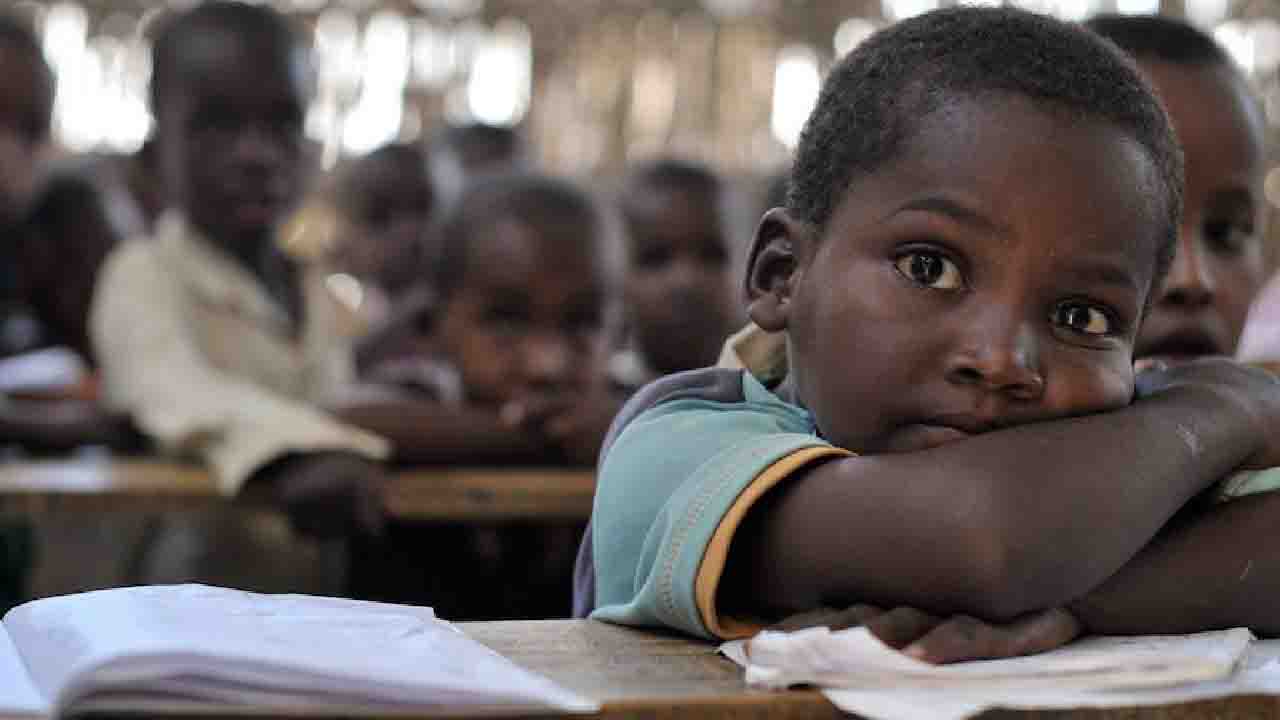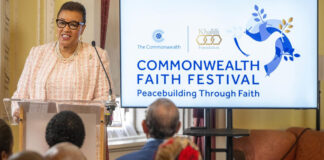South Africa is a country with a rich cultural heritage, diverse population, and a wealth of natural resources. However, one of the country’s biggest challenges is its failing education system, which is failing to provide children with the opportunities they need to succeed.
Children in South Africa face bleak prospects when it comes to education. The country has one of the lowest literacy rates in the world, and the majority of children do not receive the quality education they need to succeed in life. The education system in South Africa is plagued by a number of issues, including a lack of funding, inadequate infrastructure, and a shortage of qualified teachers.
One of the biggest challenges facing South Africa’s education system is a lack of funding. The government spends less on education than many other countries in the region, and as a result, many schools lack the resources they need to provide quality education to their students. This includes basic resources such as textbooks, school supplies, and adequate facilities.
In addition to a lack of funding, South Africa’s education system also suffers from a shortage of qualified teachers. Many teachers are poorly trained and lack the necessary skills to provide quality education to their students. This is compounded by a lack of incentives for teachers to work in disadvantaged areas, which means that many of the most vulnerable children are left with the least experienced teachers.
The lack of qualified teachers is further exacerbated by a high teacher-to-student ratio. In some schools, there may be as many as 50 students in a single classroom, making it nearly impossible for teachers to provide individual attention to each student. This leads to a situation where many children fall through the cracks, and are unable to receive the support they need to succeed.
Another major issue facing South Africa’s education system is inadequate infrastructure. Many schools lack basic facilities such as running water, electricity, and proper sanitation. This makes it difficult for students to focus on their studies and can also lead to health problems such as infections and illnesses.
The problems facing South Africa’s education system have far-reaching implications for the future of the country. A lack of education can lead to a cycle of poverty and social inequality, as children who do not receive quality education are less likely to succeed in life. This can have a negative impact on the country’s economy, as well as on its social and political stability.
Despite the many challenges facing South Africa’s education system, there are efforts being made to improve the situation. The government has implemented a number of programs aimed at addressing the issues of funding, teacher training, and infrastructure. For example, the government has introduced a number of policies aimed at reducing the teacher-to-student ratio and increasing the number of qualified teachers in disadvantaged areas.
In addition to government efforts, there are also a number of non-governmental organizations working to improve education in South Africa. These organizations provide resources and support to schools and teachers, and work to improve the overall quality of education in the country.
One such organization is the Nelson Mandela Foundation, which works to promote education and social justice in South Africa. The Foundation’s “Mandela Day” program encourages individuals and organizations to dedicate time and resources to improving the lives of others, including children in disadvantaged communities.
Another organization working to improve education in South Africa is the Zenex Foundation. The Foundation provides funding and support to schools and teachers, with a particular focus on science and mathematics education. The Foundation also conducts research and evaluation of education programs in order to identify areas of improvement.
In conclusion, South Africa’s failing education system is a major challenge facing the country and has far-reaching implications for the future of its children and its society as a whole.











